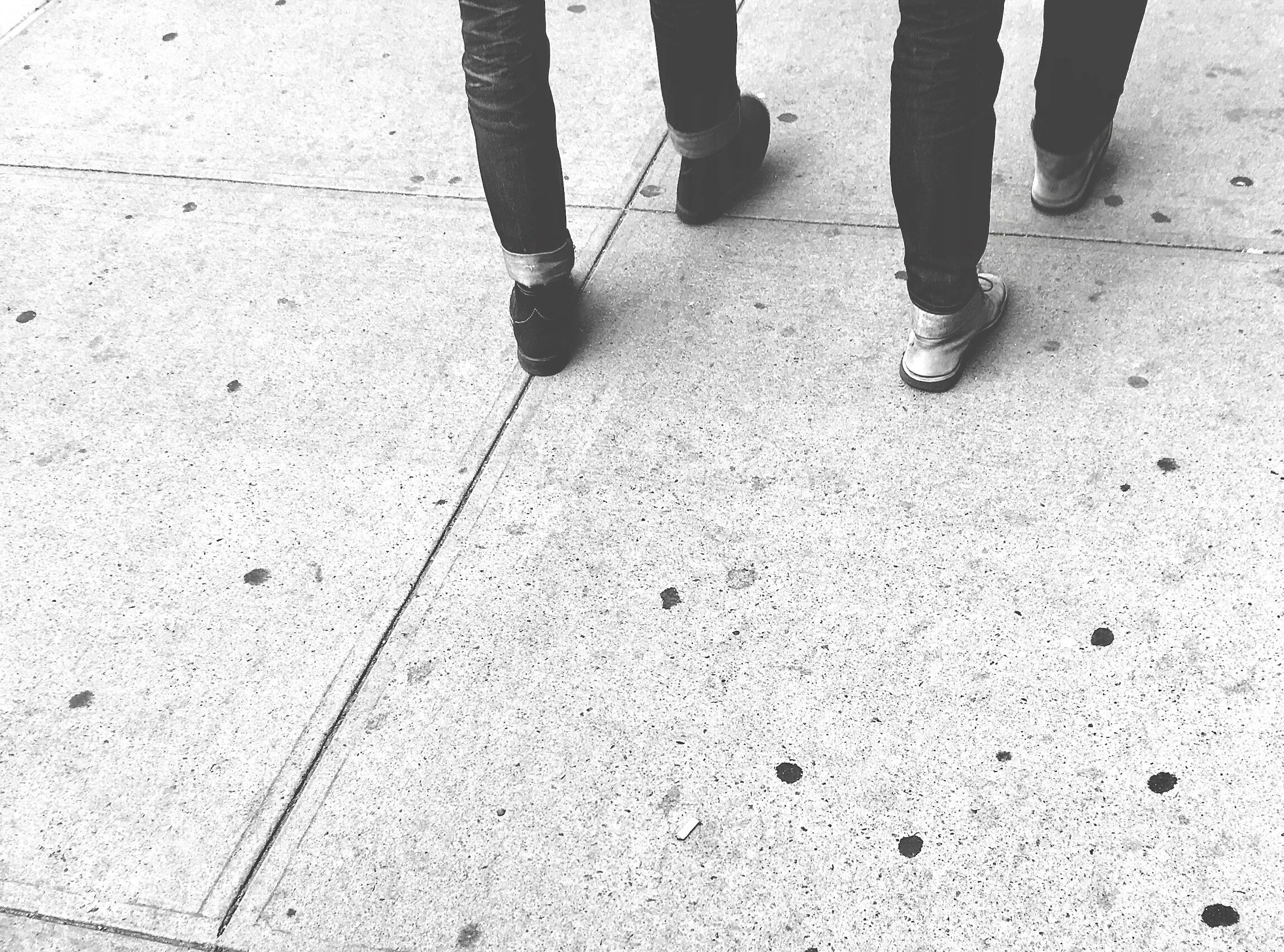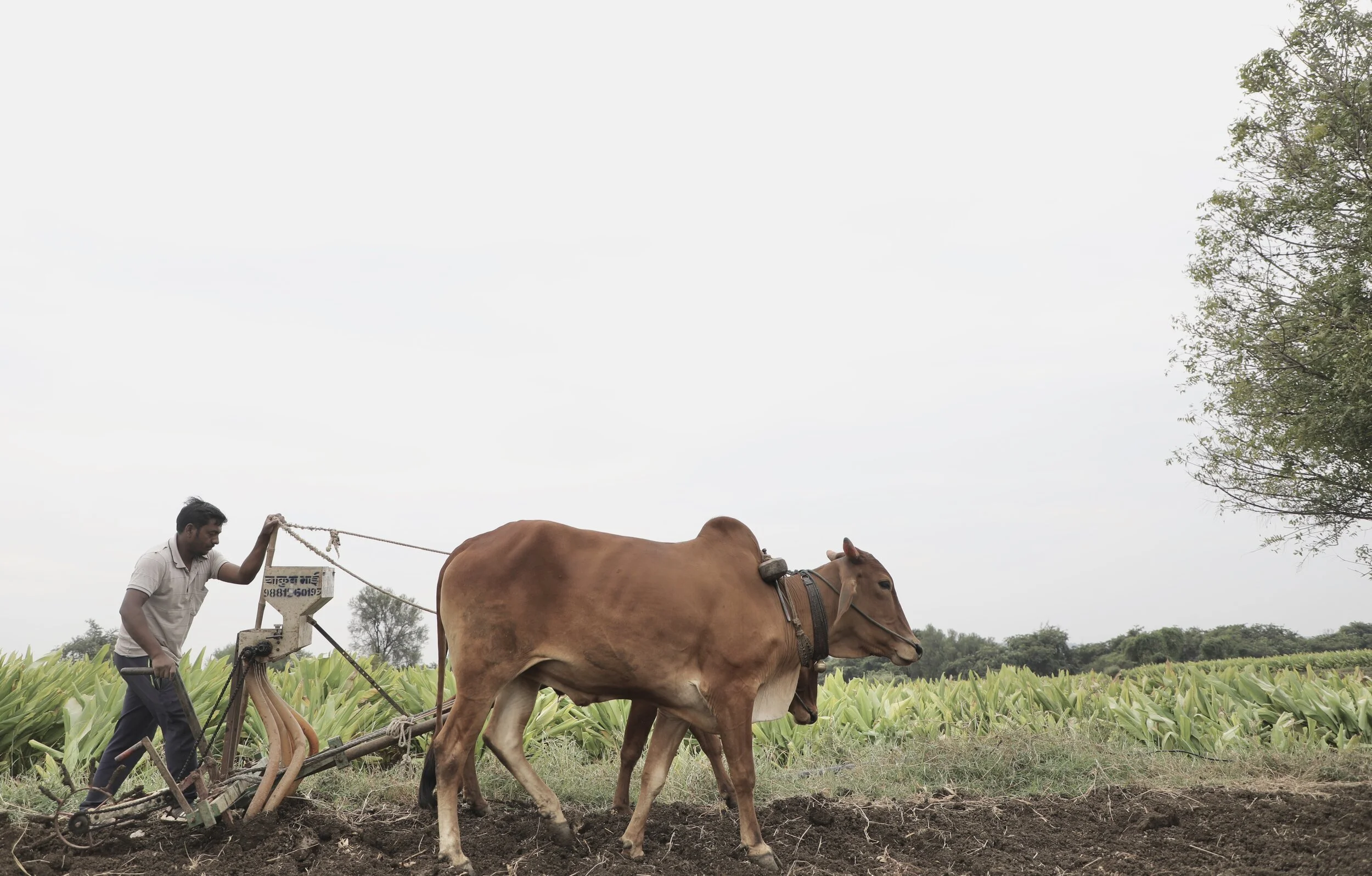Shame and Its Effects
Then the eyes of both were opened, and they knew that they were naked. And they sewed fig leaves together and made themselves loincloths.
– Genesis 3:7
The above verse describes the very first thing that happens once sin enters the world. Has that ever struck you as strange? Why is nakedness the first thing remarked upon?
There’s a clue for us in the last verse of the preceding chapter, Genesis 2:25: “And the man and his wife were both naked and were not ashamed.” Nakedness emerged into the human consciousness along with shame; it was the physical embodiment of the effect of sin. Psychologists make the distinction between guilt and shame: guilt is a sense of having fallen short of a standard, while shame is a feeling that your whole self is wrong, bad, or fundamentally flawed. Guilt is “I did something wrong”; shame is “there is something wrong with me.” David Atkinson writes, “Shame . . . is that sense of unease with yourself at the heart of your being.” Some kinds of guilt are healthy; shame is not.
In his book Every Good Endeavor, Tim Keller expounds upon the effects of shame. It leads to a deep restlessness, he writes, which can take various forms—“guilt and striving to prove ourselves, rebellion and the need to assert our independence, compliance and the need to please others.” One manifestation is what we see in the first actions of Adam and Eve in a fallen world: they make coverings for themselves. This, writes Keller, “is much more than a new reticence about sex. There was a desire to retreat from what could be called an unself-protective mutuality . . . each became desperate to control what the other knew, to hide and create facades to block the others’ gaze.”
We can imagine such an impulse warping our relationships, but shame so easily stains every part of our lives. It is behind our desire to mask insecurities, fears, or anxieties. It drives us to detach from others or become co-dependent on them. It causes us to lash out in rebellion or to hurt others. It leads us to cope through addictions or distractions. We may drive ourselves to perfection, doing good to bolster our identity as a good person or atone for what we feel bad about. So often at the root of these things is that deep restlessness that asks, am I good enough? Am I worthwhile or important? Is there something wrong with me?
I think God answers those questions at the end of this chapter. After an enumeration of the disastrous effects of sin there is inserted this line in verse 21: “And the Lord God made for Adam and for his wife garments of skins and clothed them.” The first thing God does in the now-sinful world is replace their fig leaves with skins, which commentators have suggested implies that the first animal sacrifice was made. If so, then this is an act that points from the very beginning to the sacrifice Jesus will ultimately make, taking our shame upon himself so that ours can be covered.
In other words, there is no internal fix. We will never on our own become good enough, long enough, deeply enough, to overcome our shame. Ultimately, the answer is not one to be achieved but to be received. The love that overcomes our shame, that shows and tells us that we are more worthwhile than we could have imagined, comes not after we make ourselves good enough, but entirely without that. If I am good it is only because I am loved; I am not loved because I am good. As Mike Mason writes in his book The Mystery of Marriage, “As long as the self is consumed in the struggle to make itself lovely, it cannot love. First it must come to the end of its own resources, for the power to love derives purely and solely from the knowledge that one is already loved in return.” We cannot fix our disconnection with God and restlessness with ourselves on our own. It is only the love of a God who sees us exactly as we are, and loves us in full view of that, which can cover our shame.





